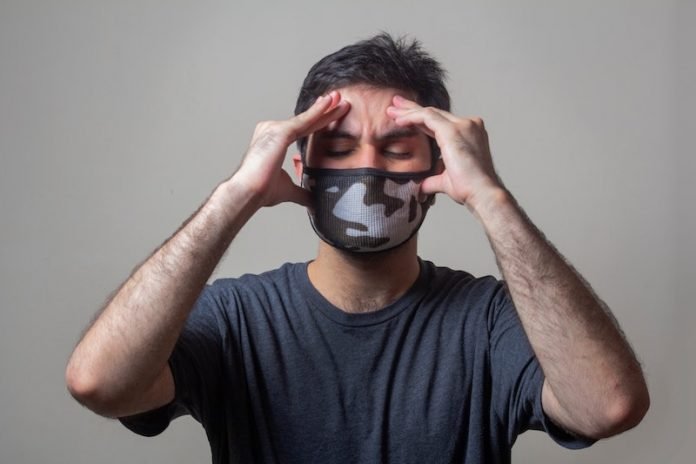
Scientists from the University of Otago found a concerning link between ongoing COVID‑19 disruption and worsening mental health for those most at risk.
The research is published in the Canadian Journal of Psychiatry and was conducted by Professor Richard Porter et al.
The past two years have caused widespread disruption, anxiety, loss and grief worldwide
In the study, the team found participants previously diagnosed with a mood disorder, nearly 40% self-reported moderate to severe depression during Aotearoa New Zealand’s first lockdown period in 2020.
They tested 997 participants. Fifty percent of the people had been formally diagnosed with bipolar disorder; 50 percent with depression.
The team says while only 12% of participants self-reported minimal depressive feelings from COVID‑19 disruption to their circadian rhythms, 20% reported having mild depression; 27% moderate depression; 21% moderate-to-severe depression and 18% severe depression.
The fact that nearly 40% of these already vulnerable people reported their symptoms as moderate to severe raises concern.
The team says participants reported the worst causes of COVID‑19 disruption as an inability to go to work, forced isolation at home, not being able to socialize as normal, and struggling to maintain their usual eating and sleeping patterns.
These factors negatively affected mental health determinants such as their general mood, outlook on life, positivity and irritability levels.
These results show it’s important we recognize the vulnerability of those with mood disorders when faced with disruptive situations such as COVID‑19, earthquakes or other major upheavals in their lives and consider doing more to help them maintain their mood and mental health.
Practical responses, such as giving those most at risk the tips, tools and strategies to allow them to better support their circadian rhythms and mental health should be a priority for health professionals delivering their care.
The research team is currently involved in several clinical trials examining practical methods to improve and treat mood disorders.
If you care about COVID, please read studies about vitamin D deficiency linked to severe COVID-19 and death, and why people with blood type O have lower COVID-19 risk.
For more information about COVID, please see recent studies about the cause of blood clotting in COVID-19 vaccination, and results showing people over 50s may develop this disease after COVID-19.
Copyright © 2022 Knowridge Science Report. All rights reserved.



